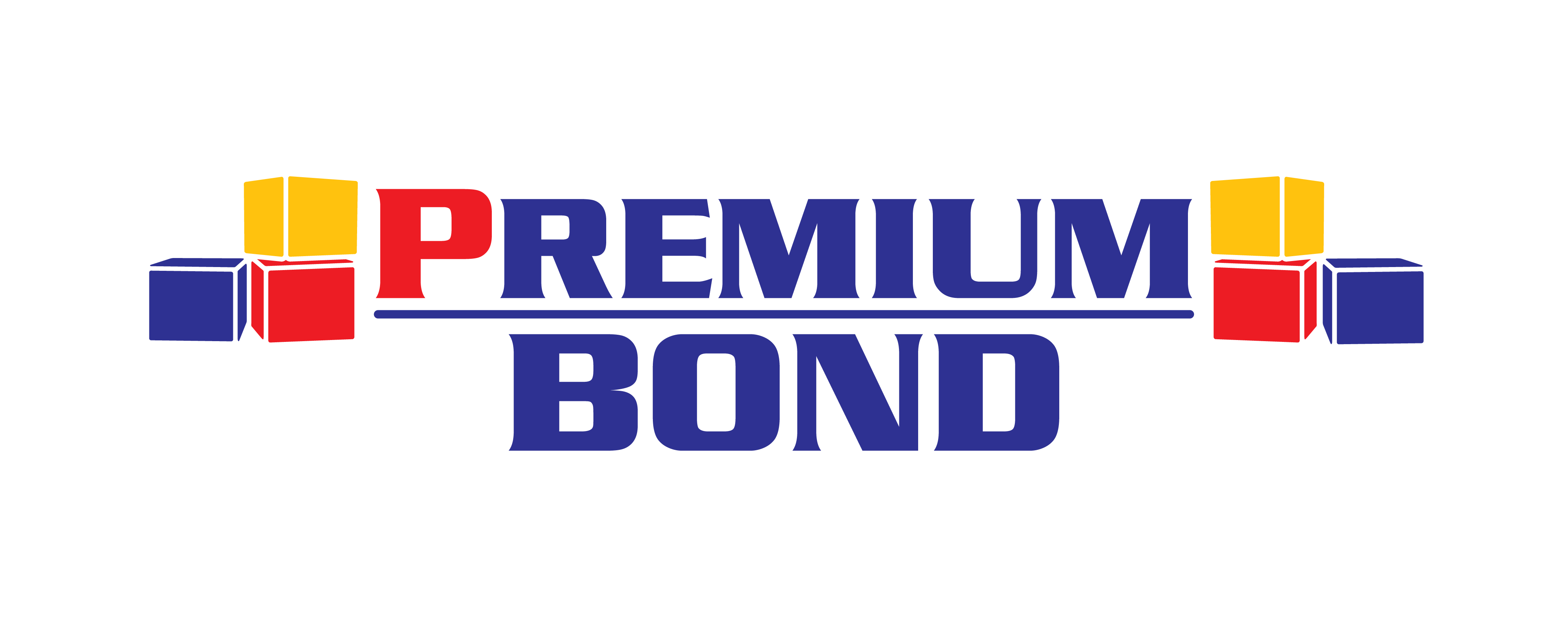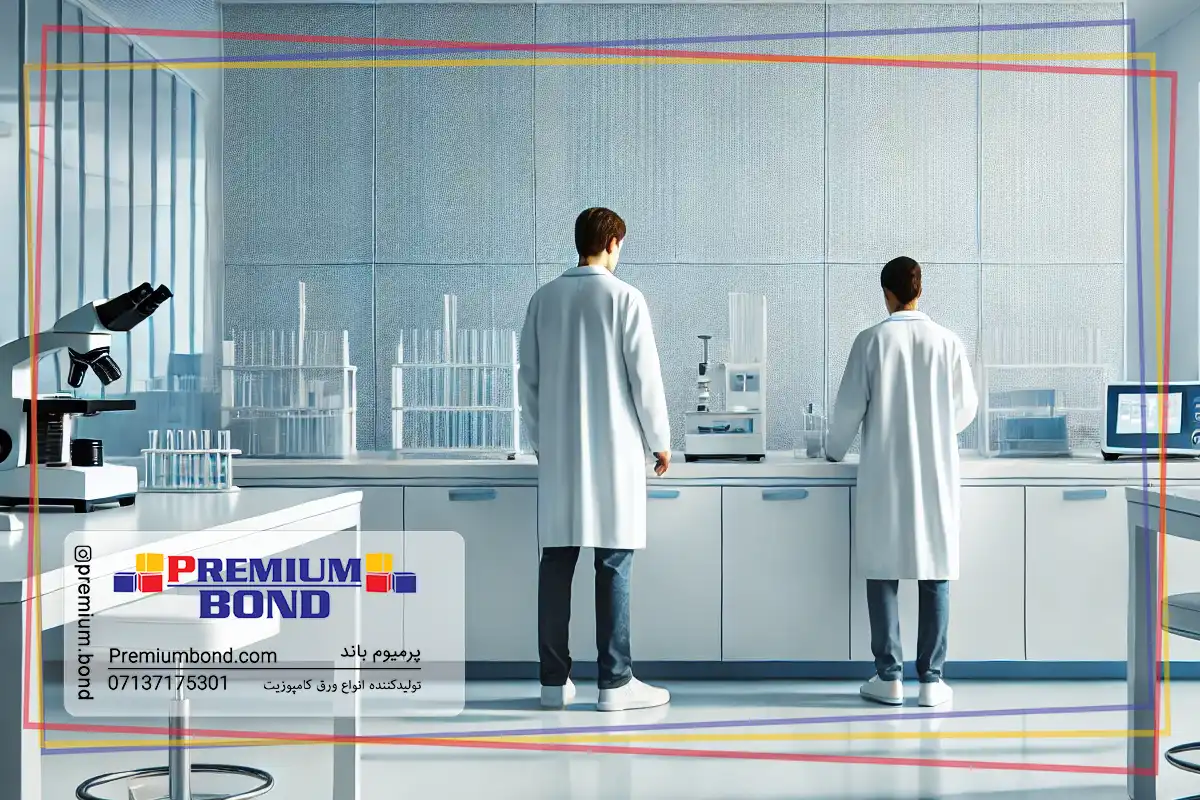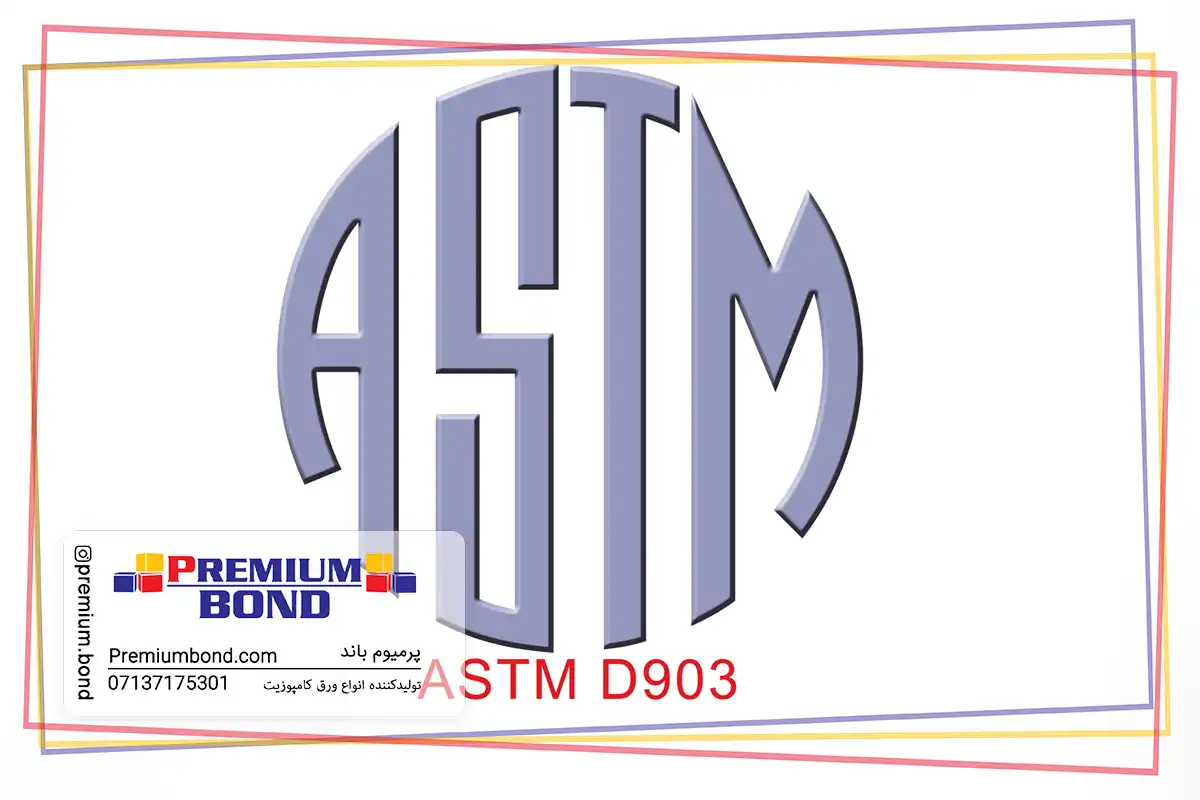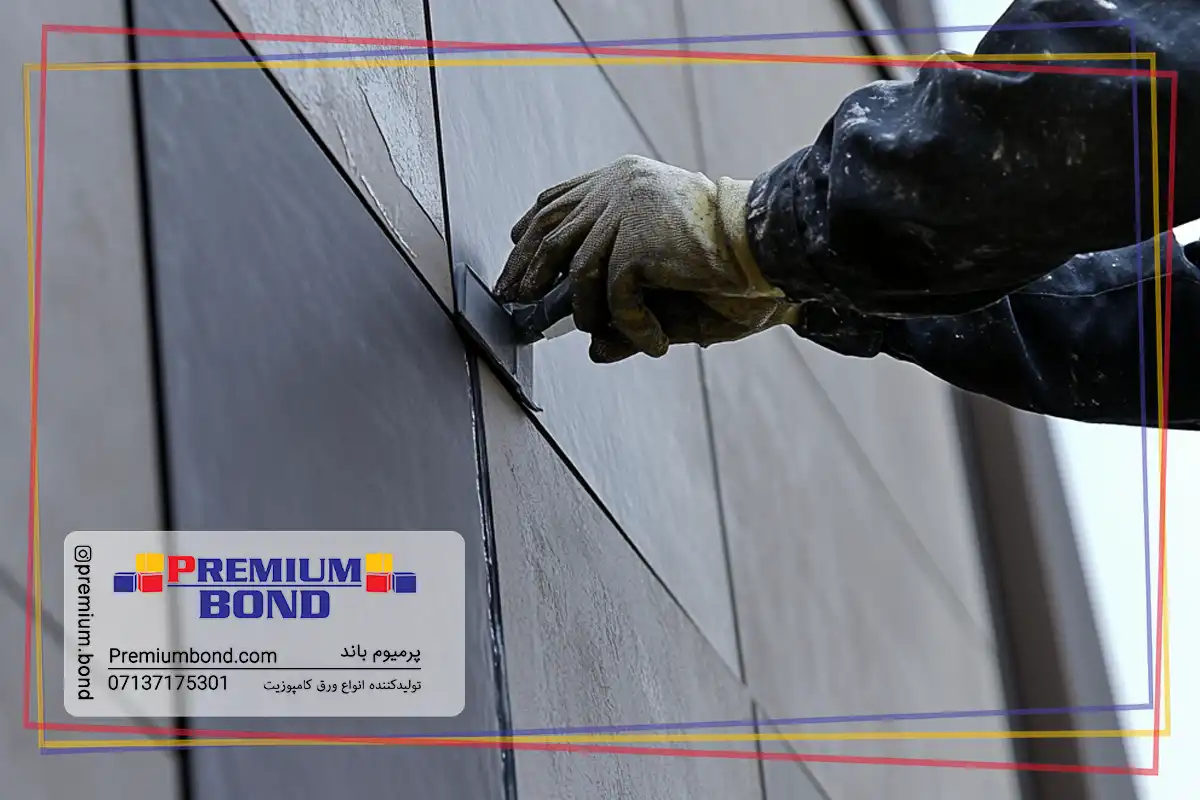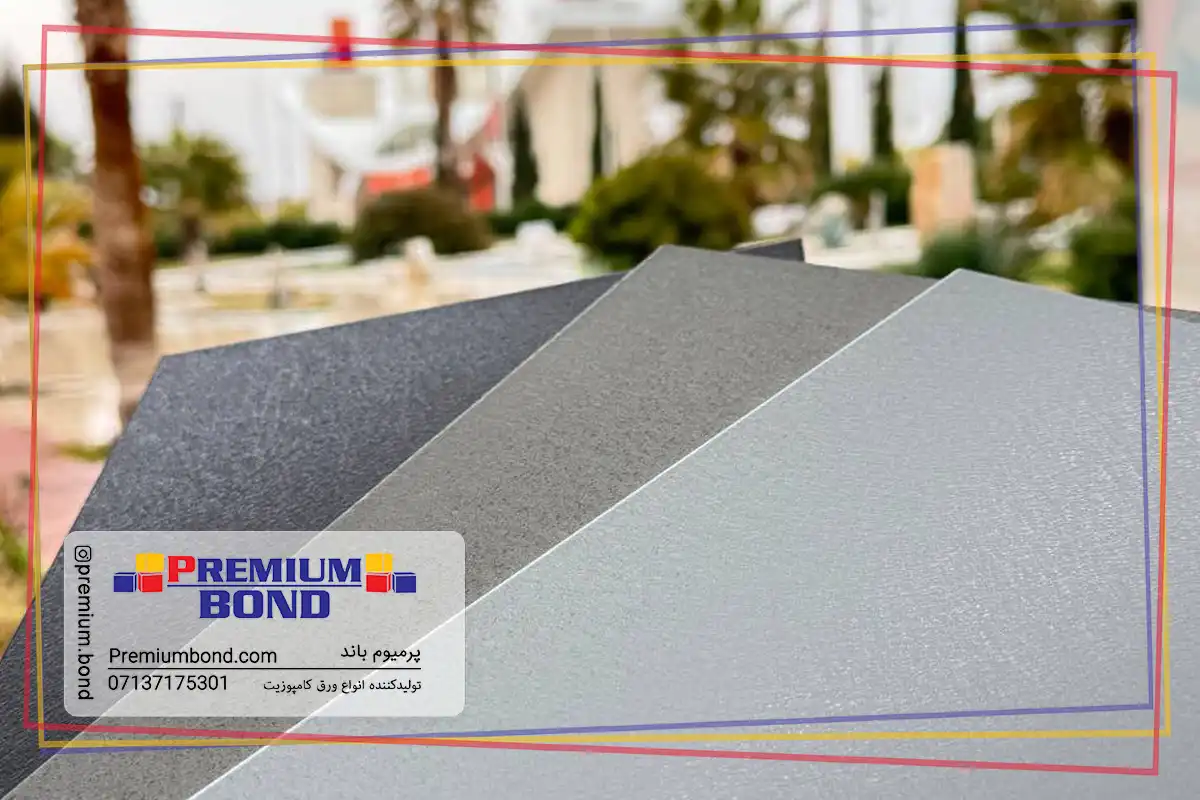Why is composite panel testing so important? These materials are widely used in building facades and have a direct impact on the safety and aesthetics of structures, which makes strict quality control and comprehensive testing essential.
Aluminum composite panels must pass 15 specialized tests to enter domestic and international markets. These tests are conducted at the most reputable research and testing centers in the country and include a wide range of examinations, from basic checks such as thickness and glossiness to more advanced assessments like chemical resistance and thermal performance. But what steps are involved in composite panel testing, and how does it affect the final quality of the product?
Reputable Composite Panel Testing Laboratories in Iran
In Iran, five major centers are recognized for composite panel testing:
- Green Ocean Laboratory Services Company
- Amirkabir Color Research Institute (METRA)
- Razi Metallurgy Research Center
- School of Engineering, Shiraz University
- Road, Housing and Urban Development Research Center
These centers ensure the quality of composite panels by conducting specialized tests such as bending and tensile tests, and by issuing reputable certificates including CE and fire resistance certificates.
Physical and Mechanical Tests
In the field of composite panel testing, physical and mechanical tests encompass a comprehensive set of quality assessments. These tests ensure the necessary quality and strength of composite panels for architectural applications.
Thickness and Glossiness Tests
Within composite panel testing, measuring the coating thickness and the surface glossiness are among the first and most important physical tests, directly affecting the visual quality and durability of the product.
Hardness and Flexibility Tests
Pencil hardness testing of the coating and flexibility tests are part of composite panel testing, evaluating the surface resistance and the panel’s ability to bend.
Impact and Adhesion Tests
This part of composite panel testing examines the panel’s impact resistance using a free-fall method as well as the adhesion strength between layers through cross-cut testing.
Bending and Perforation Tests
Bending and perforation tests are conducted to ensure the structural strength of composite panels under mechanical stress. Adhesion measurement between layers is also included in this category.
Chemical Resistance Tests
Chemical resistance tests are an important part of composite panel testing, evaluating the durability and stability of these panels against chemical agents and various environmental conditions.
Boiling Water Resistance Test
Within the scope of composite panel testing, the boiling water resistance test is one of the key assessments. It examines the stability and durability of the panel under high temperature and extreme humidity, ensuring the product’s quality in different climates.
Acid and Alkali Resistance Tests
Composite panel testing, in the field of chemical resistance, includes two important tests:
- Acid resistance
- Alkali resistance
These tests are conducted to ensure the panels’ stability and preservation of quality when exposed to various chemicals.
Thermal and Safety Tests
In the field of composite panel testing, thermal and safety tests include three key assessments. These tests ensure the proper performance of the panels under varying temperature conditions and evaluate their fire safety, both of which are essential for obtaining reputable certifications.
Thermal Expansion Tests
Within composite panel testing, determining the linear coefficient of thermal expansion is a crucial test that measures dimensional changes of the panel at different temperatures. This test is necessary to ensure proper panel performance under various climatic conditions.
Heat Deflection Temperature Tests
Composite panel testing also includes the heat deflection temperature test, which identifies the critical temperature point at which the panel begins to deform. This information is particularly important for facade design and installation.
Ignition Speed Test
The ignition speed test is one of the most important safety assessments in composite panel testing. It is required for obtaining a fire resistance certificate from the Technical Research Center for Roads, Housing, and Urban Development.
Certificates and International Standards for Composite Panels
Composite panel testing is conducted to obtain reputable international and domestic certificates, the most important of which include the European CE certificate for product export, the KYNAR certificate from the IQS Institute in the UK for confirming paint quality, and the fire resistance certificate from the Technical Research Center for Roads, Housing, and Urban Development. These certificates are issued after passing rigorous and stringent composite panel testing procedures and validate the international credibility of the product.
European CE Standard
Composite panel testing at the Materials Engineering Laboratory of Shiraz, with an emphasis on bending and tensile strength tests, leads to obtaining the CE certificate. This certificate serves as the European quality approval and authorizes the export of the product.
KYNAR Certificate
After conducting color quality composite panel testing and submitting the reports to the IQS Institute in the United Kingdom, the products can obtain the KYNAR certificate, which demonstrates the high quality of paint and coating.
Other Related Standards
Among other important documents is the fire resistance certificate from the Technical Research Center for Roads, Housing, and Urban Development, which is issued only after passing a series of composite panel testing procedures.
Why Are Testing and Compliance with Standards Important in Composite Panel Production?
Precise composite panel testing and adherence to standards in the production of composite panels ensure the quality and safety of these products in the construction industry. This process, which is carried out in reputable centers, not only facilitates the possibility of export, but also increases consumer trust and contributes to improving the quality of construction.
